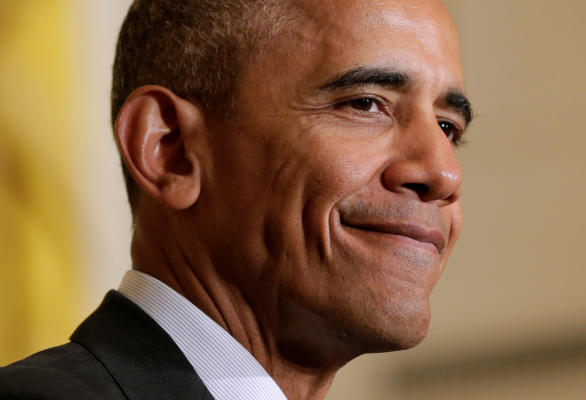No one expected Washington to make two important decisions that oppose what US policies over the last forty years have stood for in the same year. Rewarding Iran through the JCPOA nuclear agreement to end sanctions and holding Saudi Arabia accountable through the JASTA legislation did not seem likely at all.
Paradoxically, Iran, which is the main state sponsor of terrorism according to most of the international community, has been rewarded, and Saudi Arabia, one of the main countries fighting terrorism is being punished. Why? How? What will come after JASTA? These are all questions that we will talk about a lot in the critical months ahead after the new law became a reality as a result of the insistence of both chambers of Congress to overwhelmingly reject the US president’s veto.
In protest at the White House’s attempts to prevent the bill being passed last week, Senator John Cornyn said that lawmakers and lawyers have been working on this law for a long time and asked “Why now? We have been discussing it since 2009”.
On the 19th of September 2013, Senator Chuck Schumer, a Democrat, i.e. from the president’s party, introduced a bill, and on the same day a Republican presented a similar legislation in the House of Representatives. In September of the following year, it was approved by the Justice Committee. It was passed unanimously at the end of the same year in the Senate after it was amended slightly.
In the following year, i.e. in 2015, it was presented to the House of Representatives after further amendments, and then the legislation was referred to the judicial committee in February of this year, and the amendments were adopted.
Finally, the Senate unanimously agreed on it and so did the House of Representatives in September. It was then sent to the White House which rejected it. After that, the bill was sent to the two chambers that challenged the President’s veto with an overwhelming majority. This is a summary of how the legislation known as JASTA (Justice Against Sponsors of Terrorism Act) came about.
The new law is far from just, but is rather a project plotted by lawyers. They chose Saudi Arabia, a country that was fighting Al-Qaeda and that was pursuing its leader Osama bin Laden. It stripped him of his citizenship and forced the government of Sudan to deport him. He left Sudan in 1996, five years before the 9/11 attacks. Saudi Arabia continued to combat the organisation at a time when official American institutions and Western human rights organisations criticised the Saudi government because of its stances.
Now that JASTA has been passed and families of Sept. 11 victims are able to sue Saudi Arabia’s government for damages, what can Saudi Arabia do?
At a grassroots level, the Saudi Arabian reaction was angry and its opponents were maliciously joyous. Some people have advised Saudi Arabia to take a hostile political position against the United States, but the government in Riyadh has a long history of dealing with crises, and has the right balance of wisdom and prudence to search for solutions to fix what the unjust legislation may spoil. I don’t believe that Saudi Arabia would do anything to ruin its ties with the United States for many strategic reasons.
The Iranian regime has been working to sabotage the US – Saudi relationship and would be happy to see the Saudis at odds with their old ally. This is also what Bin Laden wanted when he planned the 9/11 attacks and sent terrorists to carry them out in New York and Washington; to undermine the US-Saudi relationship. Unfortunately, Congress has given Al-Qaeda, terrorists and Iran, what they were dreaming of; a bill to hold the victim (Saudi Arabia) accountable and release Iran, a country that was founded to spread terrorism in the region. It began by founding Hezbollah in Lebanon thirty years ago.
There are still possibilities that the destruction caused by JASTA can be fixed by cooperating with the next US administration after the election. However, those who urge Saudi Arabia to cut its ties are the ones who provided the same foolish advice to the former regimes in Iraq and Libya. Saudi Arabia will not disregard its great achievements despite the injustice of the Justice Against Sponsors of Terrorism Act (JASTA).
